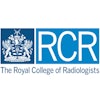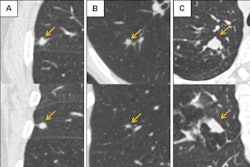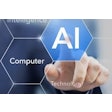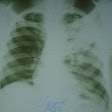Researchers at the University of Göttingen and University of Paderborn in Germany have found digital frustration to be widespread and greatly underestimated in healthcare, according to a statement issued on 29 September by the German Roentgen Society (DRG).
Participants of the project called “HowToDigital" reported frustrations with software that is neither intuitive to use nor implemented effectively; structural challenges such as a lack of training, unclear responsibilities, and a lack of feedback channels; and little time for familiarization.
The aim of “HowToDigital" is to support digitalization in healthcare, not only technologically but also in a people- and process-oriented manner. Digital systems are currently perceived as a burden, often leaving employees feeling left alone, the participants noted.
"Our research shows that users are involved too late or too little," said Prof. Dr. Simon Trang, a business information systems specialist at the University of Paderborn, as part of examining the technical side of digitalization -- specifically the development of digital health applications within the telematics infrastructure.
Software manufacturers often work according to regulatory requirements, without any connection to everyday healthcare practices, according to the report. Researchers have called for a paradigm shift.
"We need to think broadly about digital skills -- away from pure technical know-how and toward attitude, reflection skills, and structured learning processes," said project leader Prof. Dr. Manuel Trenz from the faculty of business and economics at the University of Göttingen.
Another key finding of the analysis is that digital literacy must also encompass the critical evaluation of technologies.
"Those who understand more can contribute more effectively; those who are genuinely involved are more motivated to acquire new knowledge," Trenz noted. "What's important is the willingness to learn new things, think critically, and know who to turn to. This creates true digital capability in everyday professional life."
Digital competence in healthcare doesn't mean having a detailed command of every software, he noted. What is crucial is whether specialists are able to understand the benefits, risks, and limitations of digital systems and reflectively integrate these into their work, he said.
"HowToDigital" is receiving approximately €800,000 in funding from the Innovation Fund of the Federal Joint Committee (G-BA). The second phase of the project runs through 2026, where digital skills will be systematically measured, making it clear what impact they have on the use of digital health applications.
Ultimately, a practical training concept and a structured participation model for the development of digital health applications will be developed, according to the DRG.
Find more information here.



















